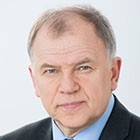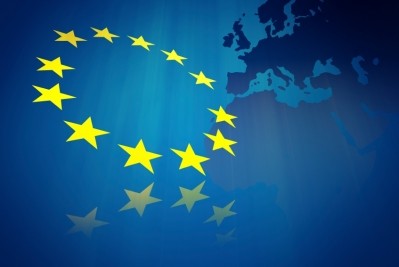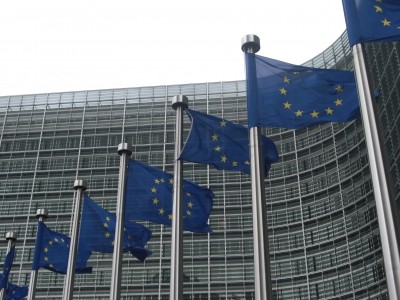Juncker’s Commission announced: Lithuanian takes health and food safety spot

Rumours around the recently elected Luxembourger Commission president Jean-Claude Juncker’s final squad selection have been buzzing for weeks, during which time interviews with nominees have been ongoing.
Officially announced today, the line up includes five former prime ministers, four deputy prime ministers, 19 former ministers, seven returning commissioners and eight former members of the European Parliament.
Each of the 28 commissioners – one from each of the European Union member states, only nine of which campaigned in this year's European elections – will be responsible for a different policy area.
Consent from the European Parliament must now be given for the Commission to make its appointments formally.
A history of health
Vytenis Andriukaitis, aged 63, has a background in politics and medicine with a surgery specialism. He has been Lithuanian minister of health since 2012, with his political career pre-dating his signatory of the 1990 Act of the Re-Establishment of Lithuania, which saw the country becoming the first Soviet republic to declare the restoration of its independence, a year before the formal break-up of the Soviet Union. Before this he had been active in anti-Soviet movements since the 1960s.
In his mission statement to the new commissioner, Juncker wrote that priorities of the new team would be the "respect for the principles of subsidiarity, proportionality and better regulation".
"We will concentrate our efforts on those areas where only joint action at European level can deliver the desired results. When we act, we will always look for the most efficient and least burdensome approach. Beyond these areas, we should leave action to the Member States where they are more legitimate and better equipped to give effective policy responses at national, regional or local level."
Regarding the health portfolio specifically, Juncker said he expected close cooperation with the vice-president for better regulation, inter-institutional relations and the rule of law and the charter of fundamental rights to modernise and simplify existing legislation.
Andriukaitis is a member of the Social Democratic Party, a group founded as an underground Marxist organization in 1896 and forced into exile during Soviet occupation until 1989. These days the party takes a centre-left stance. The party became the largest in parliament under leader Algirdas Butkevičius in 2012, using its 13 seats to form a coalition government with the Labour Party, Order and Justice and Electoral Action of Poles in Lithuania.
According to the European Public Health Alliance (EPHA), in a speech at the NGO’s 5th Annual Conference Andriukaitis said: “Health is not a consequence of growth but also a condition for growth. Investments in public health increase productivity and boost job creation. Therefore health is not only a product of growth: health encourages growth.”
Commission ch-ch-changes
Today's announcement sees a new structure of seven vice-presidents leading project teams, although Juncker denied this meant a hierarchy of “first or second-class commissioners”.
Commenting on these changes, he said: “In the new European Commission, form follows function. We have to be open to change. We have to show that the Commission can change.”
‘The female factor’
Under the heading “The Female Factor”, the Commission said following “intense negotiations and the insistence” of Juncker, there would be nine female and 19 male members, with three of the seven vice-president positions being assigned to women.









